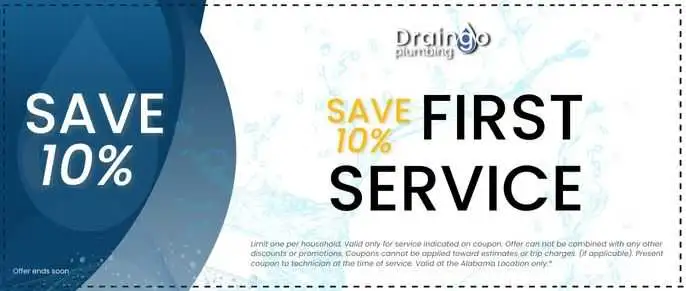Replacing Your Water Heater: Everything You Need to Know
A Comprehensive Overview For A Water Heater Replacement
Are you considering replacing your water heater? Whether your current unit is old, inefficient, or simply not meeting your hot water needs, this comprehensive guide will provide you with all the essential information you need to make an informed decision. From understanding different types of water heaters to the installation process and maintenance tips, we’ve got you covered. Let’s dive in!
Understanding Water Heaters
A water heater is a vital appliance that provides hot water for various household activities, such as bathing, washing dishes, and doing laundry. There are several types of water heaters available in the market today. Let’s take a closer look at some of the most common options.
Different Types of Water Heaters
Tank Water Heaters
These are the most common water heaters found in homes. They store and heat a specific amount of water in a tank, ready for use when needed. Tank water heaters can be powered by electricity, gas, or even solar energy. A tank water heater typically holds between 50 and 80 gallons of hot water.
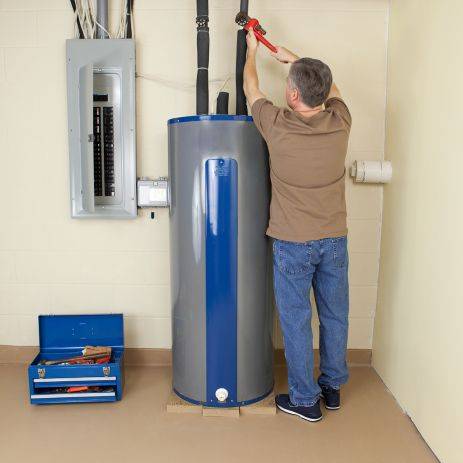
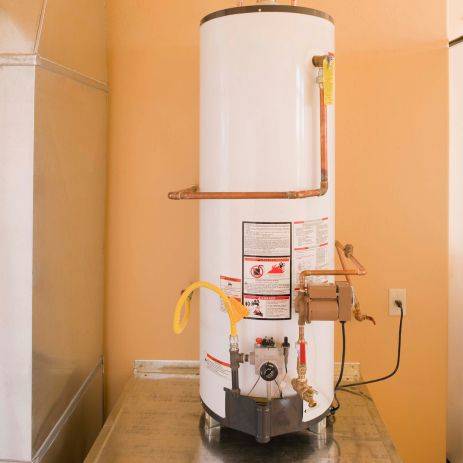
Tankless Water Heaters
Unlike tank water heaters, tankless models heat water on demand, eliminating the need for a storage tank. This option provides hot water instantly and is known for its energy efficiency. Tankless water heaters typically work best for small households of 1-4 people.

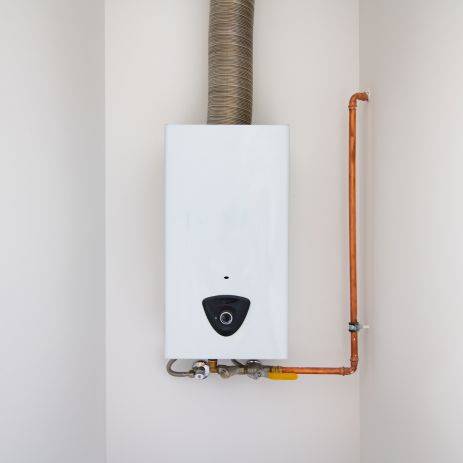
Electric Water Heaters
Electric water heaters use electrical energy to heat the water stored in the tank. They are widely used due to their ease of installation and affordability.
Gas Water Heaters
Gas water heaters powered by natural gas or propane offer a reliable and cost-effective solution. They are efficient and provide hot water even during power outages.
Other Options for Heating Water
Apart from tankless, electric, and gas water heaters, there are various other options available in the market, including heat pump water heaters, solar water heaters, and high-efficiency models. These options offer unique features and benefits, but they may come with additional costs or specific installation requirements. It’s important to evaluate your specific needs and consult with a professional to determine the right water heater for your home.
When to Replace Your Water Heater
Knowing when to replace your water heater is crucial to avoid unexpected breakdowns. Here are a few signs that indicate it may be time for a replacement:
Frequent Repairs: If your water heater requires frequent repairs and the costs add up, investing in a new unit might be a more cost-effective solution.
Age: On average, water heaters have a lifespan of about 10 to 15 years. If your water heater is nearing or exceeding this age range, it’s wise to consider a replacement.
Inefficiency: An old water heater may become less energy-efficient over time, resulting in increased utility bills. Upgrading to a more efficient model can help you save money in the long run.
Rust and Corrosion: Rusty or corroded water tanks are clear signs of a failing water heater. If you notice leaks or signs of rust, it’s time to replace the unit.
Insufficient Hot Water: If your water heater consistently fails to provide an adequate supply of hot water, it may be a sign of a malfunctioning unit that needs replacement.
Different Types of Water Heaters
Replacing your old water heater involves several factors that need to be taken into account. Here are some key considerations:
Water Heater Replacement Cost
The cost of replacing a water heater can vary depending on factors such as the type of water heater, installation requirements, and local labor costs. It’s essential to budget for both the purchase of the new unit and any associated water heater installation cost. Remember to consider the long-term energy savings and potential rebates when making your decision.
Water Heater Installation Requirements
When replacing a water heater, it’s crucial to consider the installation requirements. Depending on the type of water heater, you may need to ensure proper venting, electrical connections, or gas line installations. It’s recommended to hire a professional plumber or HVAC technician to ensure safe and compliant installation.
Energy Efficiency and Savings
How efficiently an appliance uses electricity is an important factor to consider when selecting a water heater. High-efficiency models can help reduce your energy consumption and lower utility bills over time. Look for models with ENERGY STAR® certification, as they are more energy-efficient than others when looking for a replacement water heater.
Ask the Water Heater Replacement Pros
If your current water heater is not heating water the way it used to, or is showing any of the signs mentioned above, it’s probably time to get a new one. Count on Drain Go Plumbing for expert advice in choosing the ideal water heater for your home. We’ll not only help you find the right fit, but we’ll also provide quick professional installation. Contact us to get started today.

Additional Resources
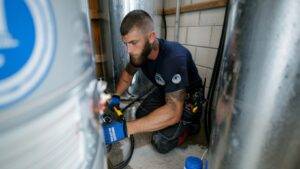
Effective Floor Drain Maintenance Tips to Prevent Backups

How to Get Rid of Fruit Flies in Drain: Comprehensive Guide
Other Services
Faq's
How do tankless water heaters operate?
A tankless water heater offers an energy-efficient solution to traditional units by providing hot water on demand. Instead of storing heated, pre-heated water in a large storage unit and having it re-heat over time when needed, a tankless system heats the exact amount of necessary upon turning on the tap – making them unique from their predecessors while also delivering considerable savings through reduced electricity costs.
Tankless water heaters offer efficient, money-saving benefits – they only use energy when you need hot water and don’t waste resources cycling on/off like other systems. This translates to long-term savings for your household!
What is the advantage of owning a tankless unit as opposed to a traditional one?
Tankless water heaters offer a number of energy saving benefits, including not needing to remain constantly running even when hot water isn’t in use. This can help households save on costs over time by significantly reducing the amount it would normall cost for ongoing operation of traditional storage tank-style systems.
Why should you install a tankless water heater in your home?
Enjoy a never-ending supply of hot water with the help of an energy-efficient tankless water heater. With this innovative system, you and your family don’t have to take turns showering or washing dishes since there is no limit on warm water – simply turn it on whenever you need it! Additionally, making an upgrade will also benefit the planet by consuming less power than traditional heaters; thereby helping reduce your monthly bills while being eco friendly at the same time.
Are you looking to get the most bang for your buck when it comes to water heating efficiency and storage space? If so, a tankless unit may be exactly what you need. Most notably, these heaters provide durability that far surpasses traditional systems with an estimated longevity of up to 20 years – this is twice as long as many standard units! Furthermore, having no large tanks means reduced consumption of valuable room in your home; allowing more free-space than ever before. Tankless models present homeowners with both practicality and assurance– making them ideal options for modern living spaces.
Is there a downside to tankless water heaters?
Hot water tankless heaters may have a steeper upfront cost, but in the long term you could be saving on energy bills and enjoying more hot showers. Additionally, some of these models require unique sealed vent systems to make sure they work properly. The only potential downside might just be that you won’t need an excuse when it comes to cutting short those lengthy showers.


